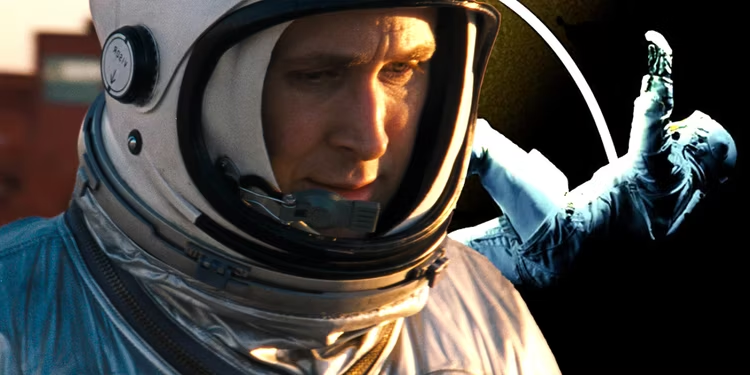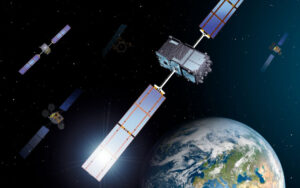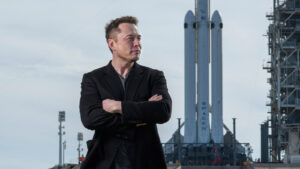ESA Found that Hibernation Could Reduce Spacecraft Size for a Trip to Mars
23rd Feb 2022
A research paper released by ESA on the hibernation potential for Mars-bound journeys highlights the multiple benefits for spacecraft size and other aspects of such a mission. Considering the time needed, engineers need to find space for around two years’ worth of food, water, and oxygen. However, the hibernation process could come with the solution for drastically reducing the requirements.
A Trip to Mars with less than Half the Space
The state of torpor that is induced in animals during hibernation could be the answer to a successful Mars mission. The European Space Agency thoroughly researched the process, and even a 25% reduction in metabolic rate could translate into considerable space saving for such a mission.
Jennifer Ngo-Anh, the ESA research and payload coordinator of Human and Robotic Exploration, estimates that the daily requirements per astronaut amount to 30kg. Multiply that with the number of crew members and journey duration of around 2 years, and you’ll get the picture. Hibernation will help reduce the food and water needs for astronauts and limit the space required for such a mission. Furthermore, such a technique will come with improvements from mental and physiological aspects as well. The main benefits would be the reduced stress, loneliness, aggression, and boredom that come from being confined in a spacecraft over a long period of time.
How to Induce the Hibernation Process
According to ESA, the main challenge is inducing hibernation and being able to monitor all the crucial parameters remotely. The idea is to put astronauts into a soft-shell, shielded pod and induce hibernation to drugs that adjust metabolism. The details on how long a hibernation cycle would take and how the wake-up and rehabilitation process would be are still unclear. However, there’s no denying the approach could help make long-duration space exploration feasible. Not only does it save the need for food and other life support supplies, but it also reduces muscle and bone waste while limiting psychological and social stress.
One thing is certain if the European Space Agency is so invested in researching hibernation as a solution to send manned missions to Mars, the game is on. Other space companies will surely join them, and the healthy competition will create the proper environment for progress. Elon Musk’s dream of colonising Mars may not be that far from reality after all!






Thank you for your comment! It will be visible on the site after moderation.